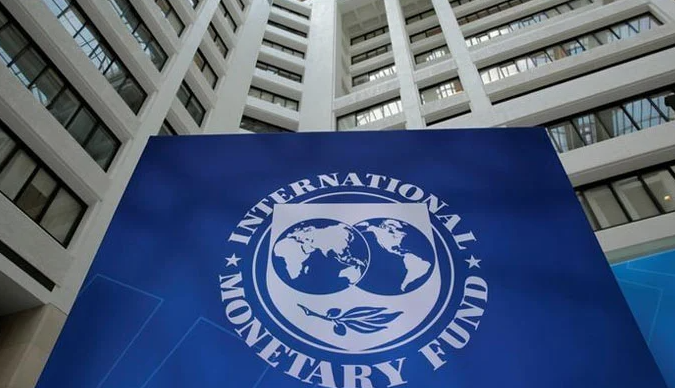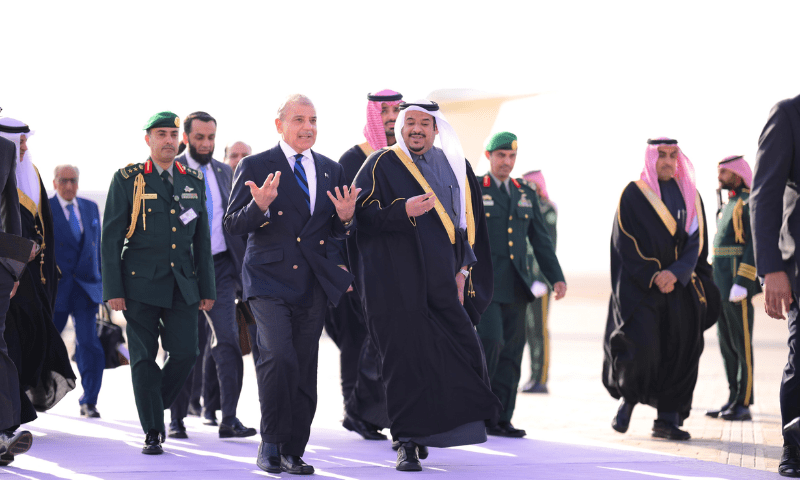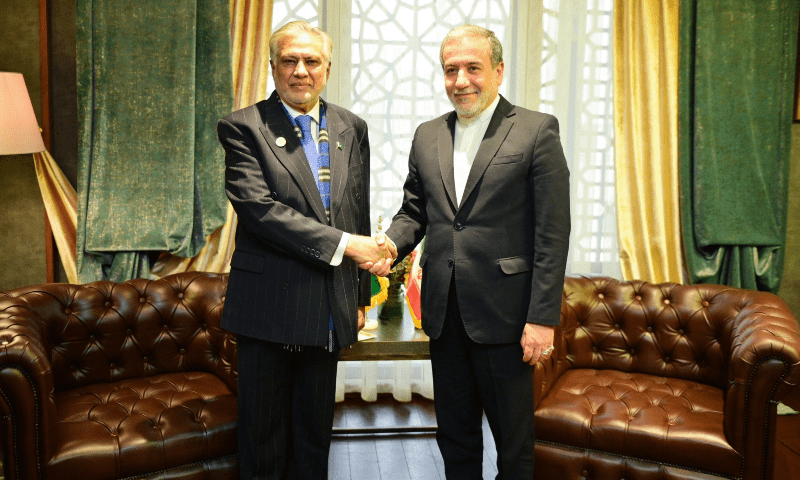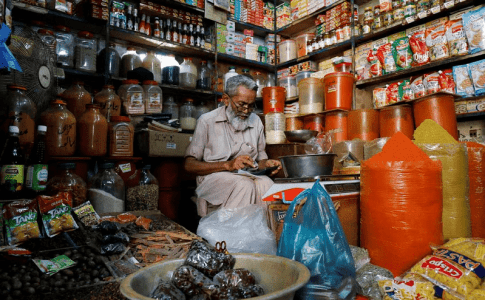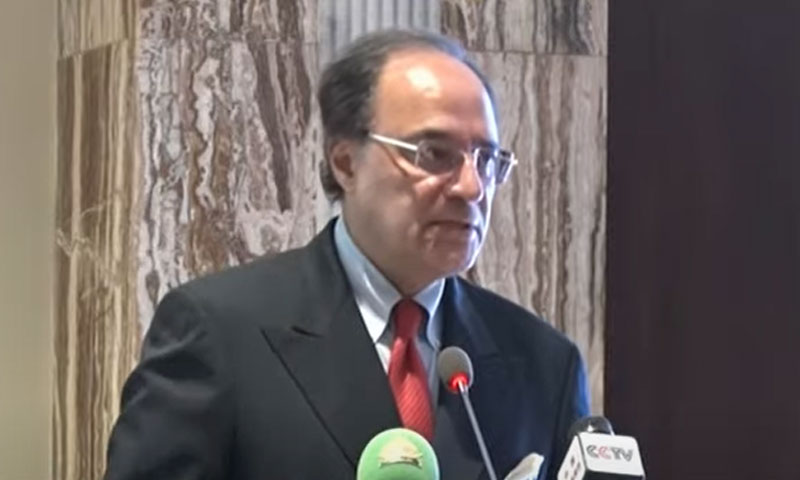TRADE & ECONOMY
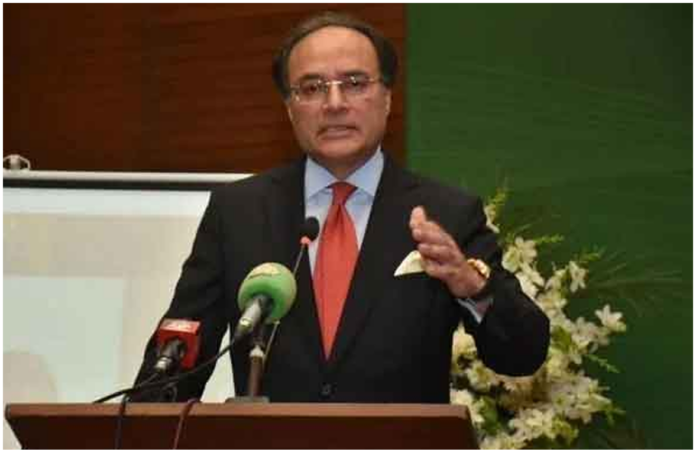
Finance Minister Muhammad Aurangzeb expressed his commitment to continuing economic reforms under the International Monetary Fund (IMF) program during a ceremony in Islamabad. In his speech, Aurangzeb outlined key aspects of Pakistan's economic trajectory, noting progress on various fronts while acknowledging challenges.
Economic Reforms and IMF Program
Aurangzeb assured that the government would remain committed to implementing the agreed-upon program with the IMF, with a clear focus on improving the nation's economic standing. "We will continue the process of economic reforms," he affirmed, emphasizing the ongoing efforts to address fiscal challenges and reduce the current account deficit.
Inflation and Economic Stability
The Finance Minister acknowledged the challenges posed by inflation, which has reached its highest level in 70 months. He noted that these conditions have created difficulties for the public but reiterated the importance of strengthening the foundations of economic stability. "The inflation rate is at its highest in 70 months, but our focus is to lay a strong foundation for economic stability," he stated.
Role of the Private Sector and Housing
Aurangzeb also highlighted the pivotal role of the private sector in driving economic growth, specifically mentioning the housing sector's contribution to the overall economy. He stressed that the private sector would play an integral part in stabilizing and developing Pakistan's economic framework.
"We believe the private sector holds an important role in driving the economy, and the housing sector, in particular, is key to fostering economic growth," the Finance Minister added.
Path to Improvement
In conclusion, Aurangzeb stated that despite the economic hurdles, Pakistan's economy is on the path to improvement. The government is focused on stabilizing key economic indicators and ensuring long-term growth and development.
